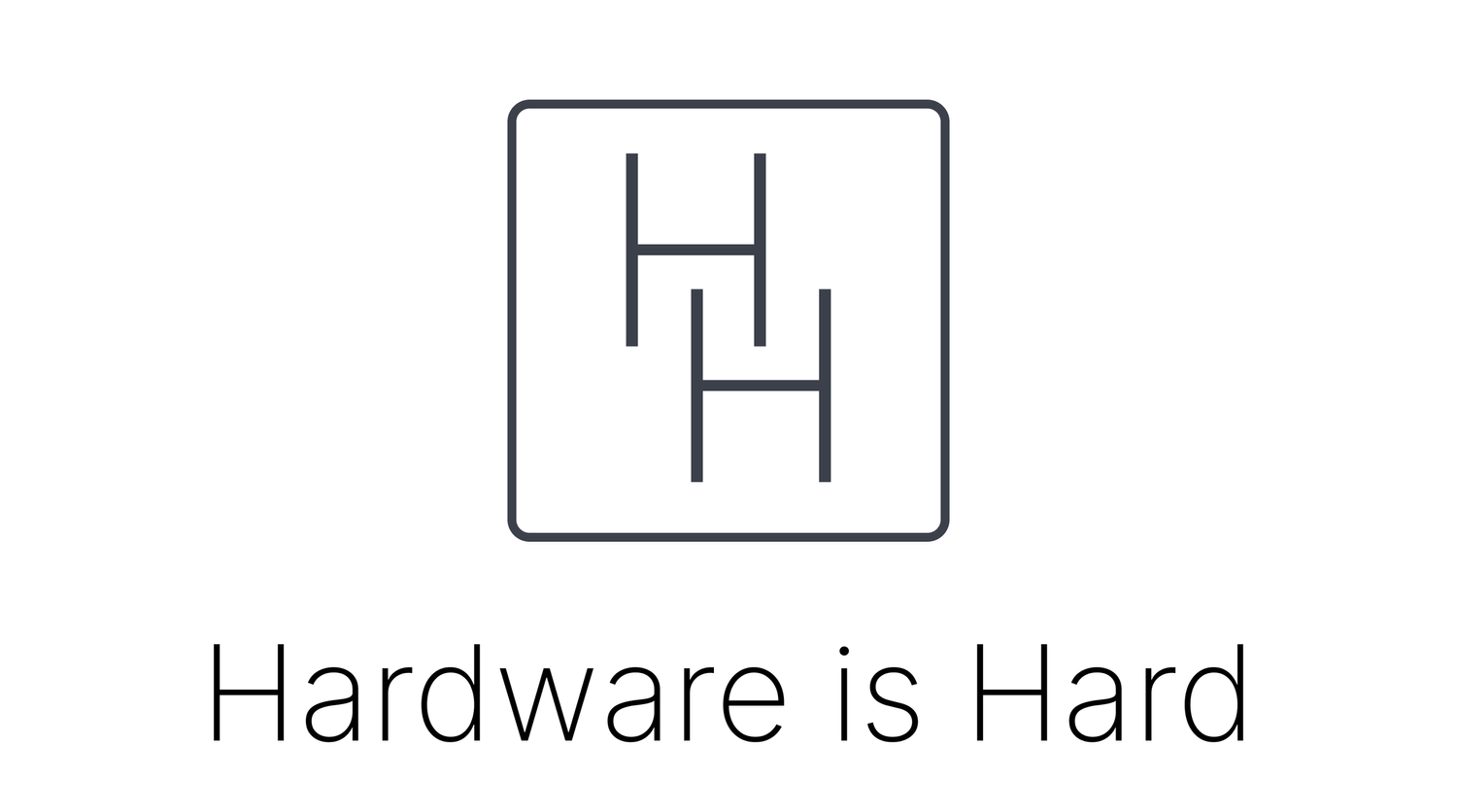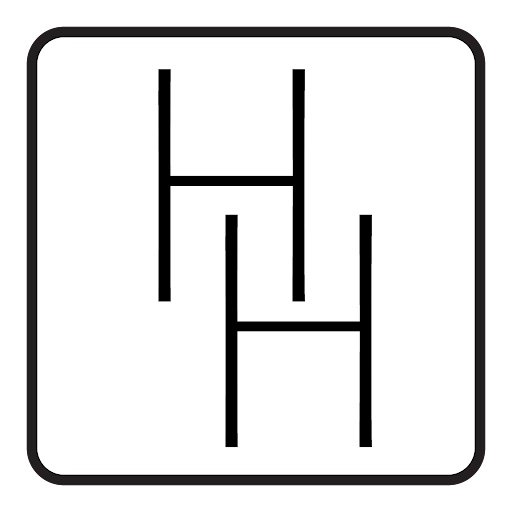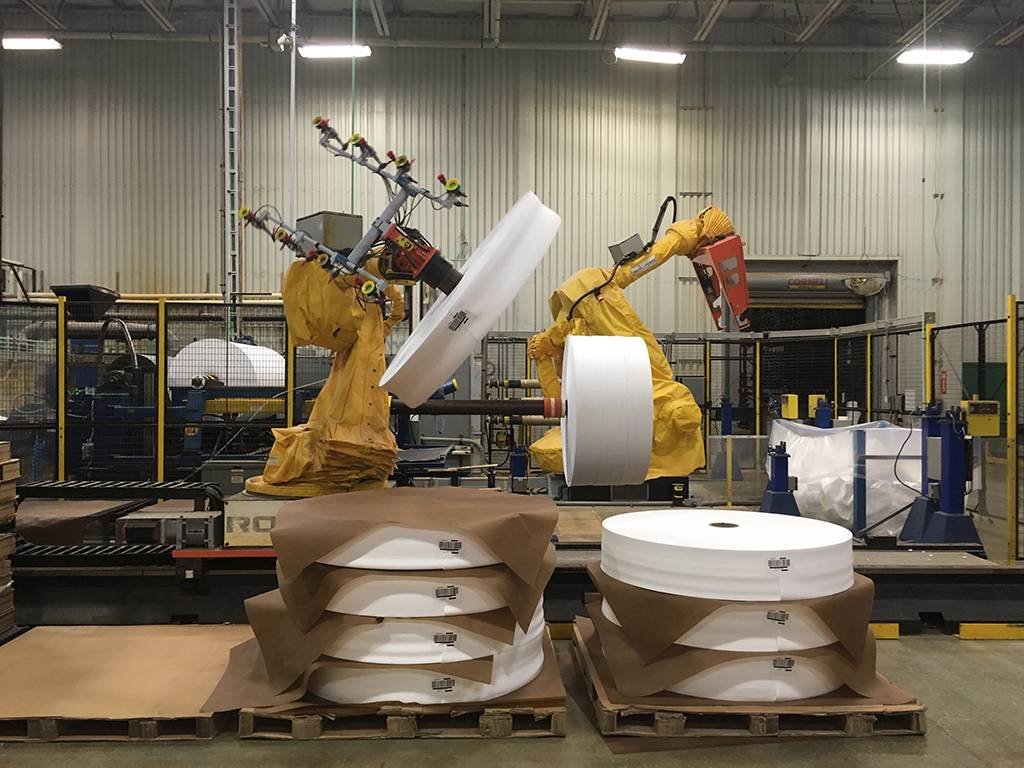The 4 Year Plan
You. Should. Intern. Every. Summer.
Your first internship is the hardest to get, but once you get one, it snowballs. You are building a portfolio of real-world experiences!
This guide is LONG so find the parts most applicable to you (or read the whole thing!)
Skip to what you need!
Freshman Summer
Recruiting during your freshman year can be the most intimidating part of your career. At job fairs, it may feel like recruiters are not taking you seriously. Unfortunately, you are probably correct in most cases. DON’T BE DISCOURAGED!
Your greatest skill as a freshman is your ability to CAD.
If you don’t know what that acronym represents, you need to do some research. I recommend this course. Pick a software platform for product design and manufacturing (which one doesn’t matter), Autodesk Fusion 360, Onshape, Solidworks. Start with basic shapes and practice a bunch. Eventually, do a couple of projects (Use a 3D printer on campus).
Ok, now you know how to CAD. Congratulations! You are now worth at least $20/hour to hundreds of companies, but the people who need you aren’t looking. That is because they are startups, and they don’t have enough resources to recruit. SO… you need to find them. Startups can’t always afford more engineers, but they can afford more interns! YOU make their lives easier.
Search the web for startups that use hardware. This could be in construction like Cover (where I worked after my freshman year), or in aerospace like SpinLaunch. Look for startups accepted to accelerators like Y-Combinator, TechStars, or 500 Startups or startups that are connected to your university. Search for recent news articles about companies raising Seed and Series A rounds. If your school provides Pitchbook, look up companies who have raised less than $50 million and have the tag “hardware” and put together a list of 15-20 startups you think need CAD work. Follow our Guide To Finding Hardware Companies!
Cover Technologies Factory
Now with your list in hand, contact engineers at the company using The Linkedin Trojan Horse guide!
With start-ups, your timing is less important than with other types of companies that may have a more formal recruiting process. I have interviewed with a startup on a Wednesday and started the following Monday. I would start reaching out to companies in January and February, but don’t be afraid to continue contacting them through April. Some startups are grinding so hard that they can’t think about internships three months ahead of time.
SpinLaunch 1/3 Scale Prototype
Sophomore Summer
Well if you just skipped the freshman section because you are just jumping into the internship game now as a sophomore, that’s fine. You have a bunch of options. The key is you need to get started ASAP. 1st you need to be a CAD wizard, no excuses. So before worrying about recruiting, you need to learn the tool that mechanical engineers spend 50%+ of their time using. Once that is done, you can either follow the sophomore summer guide or the freshman summer guide but change the startup target to companies with a $10-$200 million valuation.
As a sophomore, you finally have something to talk about at career fairs and in interviews that is not your high school robotics team or the speech and debate club. That is absolutely key. One of the biggest skills recruiters and companies look for is the ability to communicate technical things in non-technical jargon. Being able to talk about the work you did at a startup the previous summer or on a school’s engineering team is essential to getting to the next level of the internship.
So, where do you look for internships for your sophomore summer? The key is name brand. And I don’t necessarily mean Apple or Tesla. I’m talking about a relatively large company (1000+ employees) that the average engineer knows like General Motors, Lockheed Martin, P&G, or a national lab like HRL. Think established companies that will look great on your resume when recruiting for your junior summer.
P&G Factory
These companies do recruit sophomores and juniors and attend career fairs, online zoom events, Handshake, etc. You need to go to all of these, but for positive results, The Linkedin Trojan Horse strategy is your best bet.
For interviews at this stage, most questions will be behavioral like “tell me about a time you led a team and ran into a problem,” or “What are you proud of?” These companies recruit relatively early, so start filling out applications in September. Some will get back to you before the holidays while others will wait until the first couple of weeks in the new year.
Lockheed Martin F-117 Nighthawk
It is also important to understand that a lot of recruiting happens through student referrals. This backchanneling can be hard to see from the outside (especially as underclassmen) and is often frustrating (e.g. why are all these other people around me getting interviews so easily?)
The answer is that companies will ask their current interns to refer friends for the following year’s internships. They operate on the assumption that if they were impressed by their current interns and assume their current interns’ friends are also impressive students worth recruiting (they are usually correct with this assumption).
So, this is all to say that you need to network with (and befriend) your fellow classmates and, potentially, older members of your clubs, teams, etc. The dynamics of this type of recruiting are hard to fully explain so we won’t focus on it too much, but just want you to be aware of it.
Now the WHY. Why target a traditional company like this instead of SpaceX or Rivian? Well, older companies will usually provide a great internship experience where you will be well-mentored, exposed to fundamental engineering, and experience the traditional company bureaucracy. It will be an actual internship program and the handholding that goes along with that will be a valuable experience. And…who knows, maybe this is the type of engineering environment you like!
Finally, do fill out all the applications for the cool dream companies like Tesla, SpaceX, and Relativity and if you get interviews, go for it!
Junior Summer
Your junior summer internship is by far the most crucial. This internship gives you a 3-month period to vet the company where you will potentially spend 2-5+ years of your life!
The most valuable part of an internship is that you get to go do a job for 3 months and then leave on good terms with everyone there. You get to test it out for free (and if you have 3 internships you get 3 free tests!)! This most likely won’t be the case once you get a full-time job.
First, pick your 5 dream companies. These are the companies you would want to work for once you graduate. Do the research!
You need to dial in your resume and make a portfolio (see mine at wilderbuchanan.com). This can be done in your sophomore summer or very early into your first junior semester. Check out our resume suggestions HERE
If you want to guarantee that you succeed, you need to be meticulous with your process.
I recommend you watch this podcast episode with Density CEO Andrew Farah on how he fundraises for his startup. I think the process he lays out for raising money also works for recruiting. The notes from that episode are located HERE.
Rivian R1T Truck







